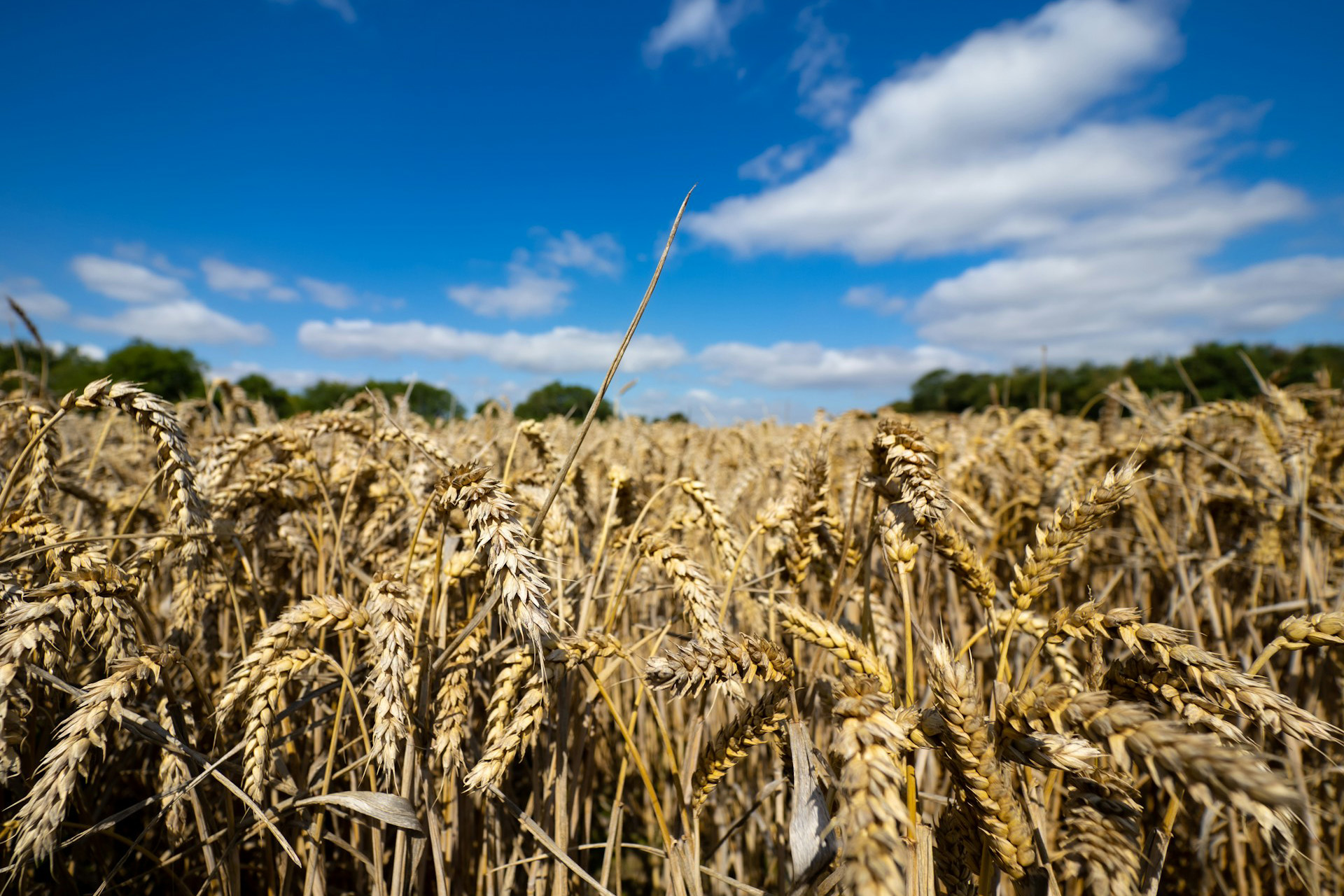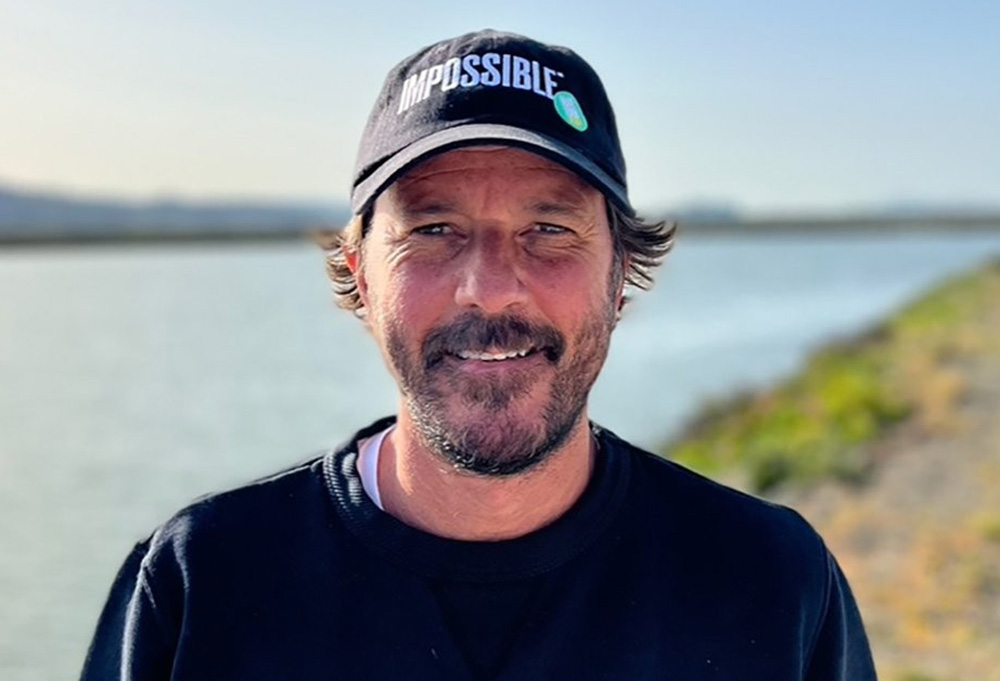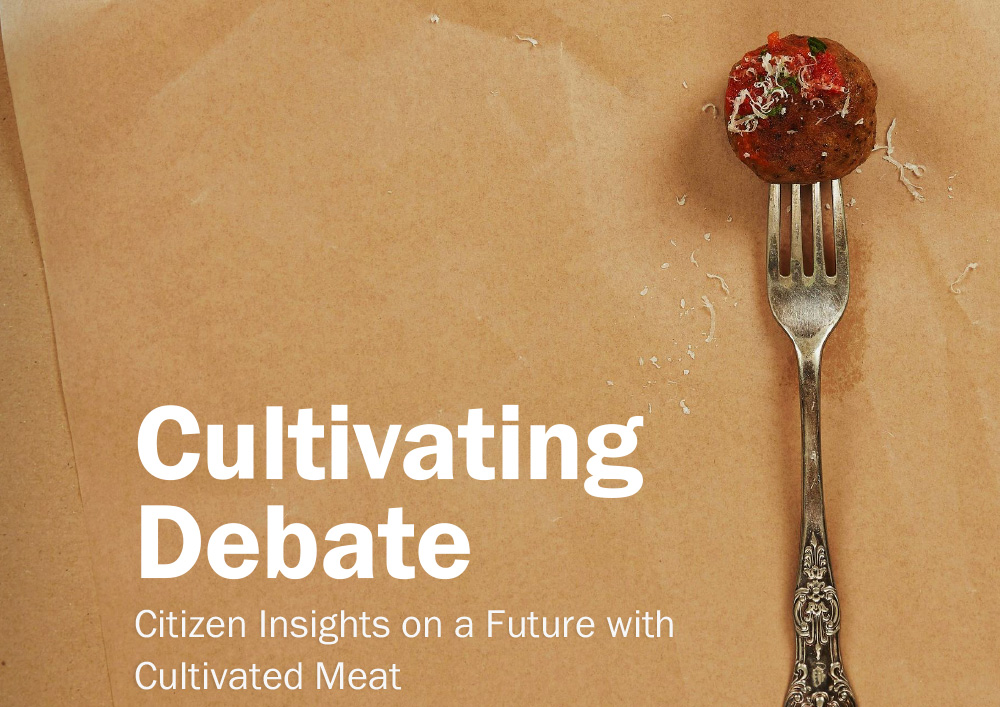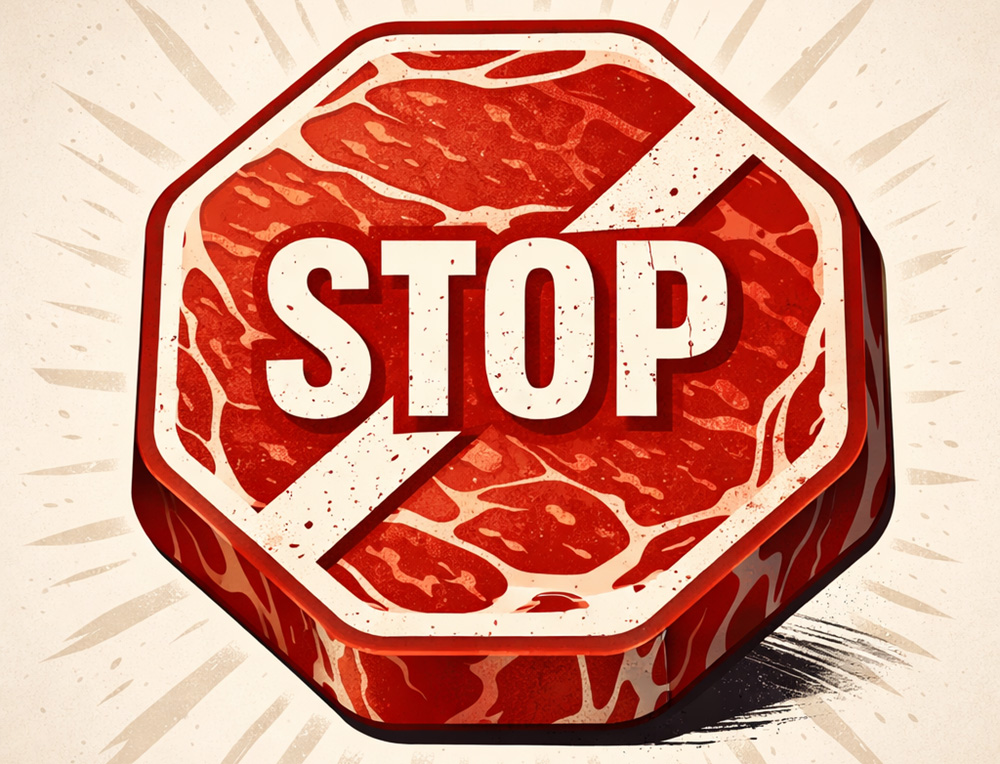

UK launches inquiry into science’s role in feeding a growing global population
With global hunger on the rise and the planet’s population edging toward 10 billion, the UK’s Science, Innovation and Technology Committee has launched a new inquiry to examine how scientific and technological advances can bolster global food security.
The cross-party group will investigate how science, innovation and even low-tech solutions can help increase agricultural productivity, protect ecosystems and meet the growing demand for food. The move comes as the United Nations forecasts that more than 600 million people could face hunger by 2030. By 2050, global food production will need to rise by 70% to meet demand from a projected 9.7 billion people.
Launching the inquiry, Committee Chair Dame Chi Onwurah MP said: “The world’s population [is] projected to grow to nearly 10 billion by 2050. At the same time, agricultural land is degrading faster than it can be restored and water is becoming scarcer. This leads to the urgent question: how can we ensure everyone has enough to eat, while protecting the environment?”
She said the inquiry would examine both high-tech and low-tech approaches to addressing this challenge, and the role that the UK can play. “Science and technology can help us find the answer. This inquiry will look at this question, examining how scientific innovations – and low-tech solutions – can ensure global food security, solve problems in the food production system and create sustainable agricultural practices,” she said.
The committee will also assess barriers to investment in agricultural innovation, and what future systems might look like that are capable of supporting food security on a global scale.
As part of its scope, the inquiry will consider the UK's own contribution to food security worldwide, both through developing and sharing innovation, and through understanding how changes in the global food system may affect the country. The UK’s domestic agriculture policy, international research collaborations, and agri-tech startups are expected to feature in evidence gathering over the coming months.
The announcement comes amid growing scrutiny of food systems globally, with climate change, supply chain instability, geopolitical conflict, and biodiversity loss all adding pressure to a sector that is increasingly being asked to do more with less.
While exact details of the inquiry’s timeline have yet to be confirmed, the committee’s terms of reference suggest it will seek input from scientists, technologists, policymakers, farmers, and private sector stakeholders. The evidence collected will inform recommendations on how the UK government and its partners can support the development and deployment of innovative solutions to tackle food insecurity sustainably.
Dame Chi emphasized that solutions must be grounded in both environmental responsibility and real-world practicality. “We’ll consider the UK’s contribution to global food security, looking at both our role in fuelling this innovation and how global food production changes will impact us,” she said.
The inquiry is now open for submissions.
If you have any questions or would like to get in touch with us, please email info@futureofproteinproduction.com

.png)






